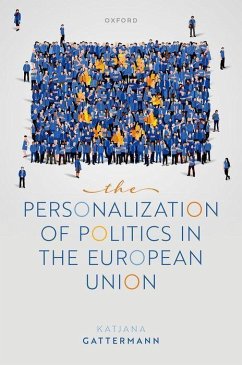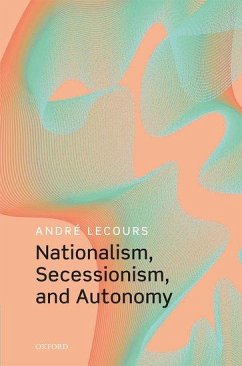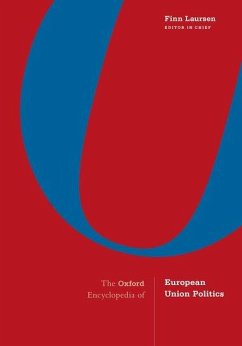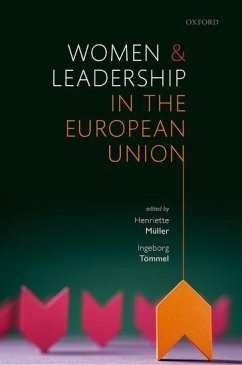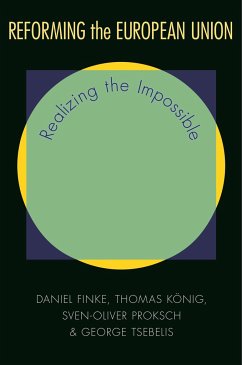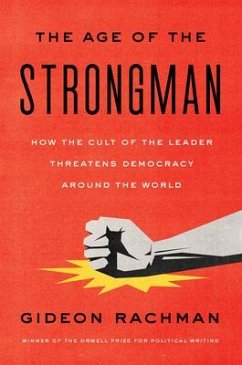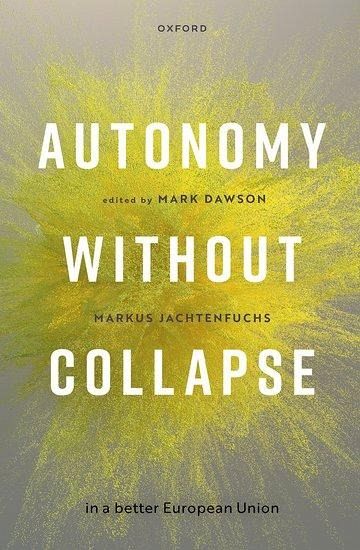
Autonomy Without Collapse in a Better European Union
Versandkostenfrei!
Versandfertig in über 4 Wochen

PAYBACK Punkte
49 °P sammeln!




This book investigates how the European Union's history exhibits numerous episodes in which Member States have sought to re-enforce their national autonomy in the face of deepening integration.
Mark Dawson is Professor of European Law and Governance at the Hertie School in Berlin. He was previously an Assistant Professor at Maastricht University and obtained his PhD from the EUI in Florence where he was in 2019 Fernand Braudel fellow. His research focuses on the relationship between law and policymaking in the EU. Currently, he is the Principal Investigator of LEVIATHAN, a European Research Council project exploring the legal and political accountability structure of EU economic governance. He is a member of the Editorial Board of the European Law Review and co-editor of the book series Cambridge Studies in European Law and Policy. Markus Jachtenfuchs is Professor of European and Global Governance at the Hertie School and Co-Director of the Jacques Delors Centre. His main research interest is the study of multilevel governance in the EU and in the international system. In 2010, Jachtenfuchs was the Pierre Keller Visiting Professor of Public Policy at Harvard Kennedy School and the Weatherhead Center for International Affairs. Before joining the Hertie School in 2006 he was Visiting Professor at the University of Greifswald and Professor of Political Science at Jacobs University Bremen. He received his PhD from the European University Institute in Florence in 1994, after studying political science in Mainz, Paris, Berlin and Bruges.
Produktdetails
- Verlag: Oxford University Press
- Seitenzahl: 208
- Erscheinungstermin: 26. Dezember 2022
- Englisch
- Abmessung: 226mm x 160mm x 33mm
- Gewicht: 476g
- ISBN-13: 9780192897541
- ISBN-10: 0192897543
- Artikelnr.: 66147975
Herstellerkennzeichnung
Libri GmbH
Europaallee 1
36244 Bad Hersfeld
gpsr@libri.de
Für dieses Produkt wurde noch keine Bewertung abgegeben. Wir würden uns sehr freuen, wenn du die erste Bewertung schreibst!
Eine Bewertung schreiben
Eine Bewertung schreiben
Andere Kunden interessierten sich für





